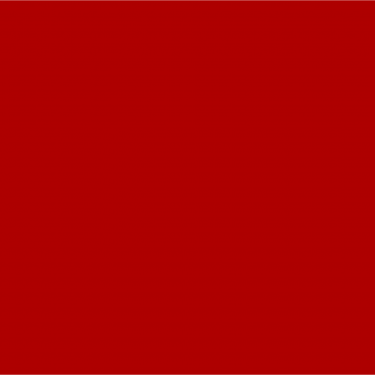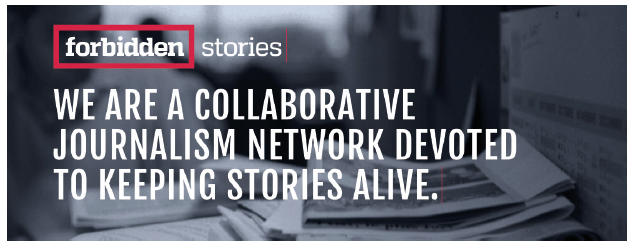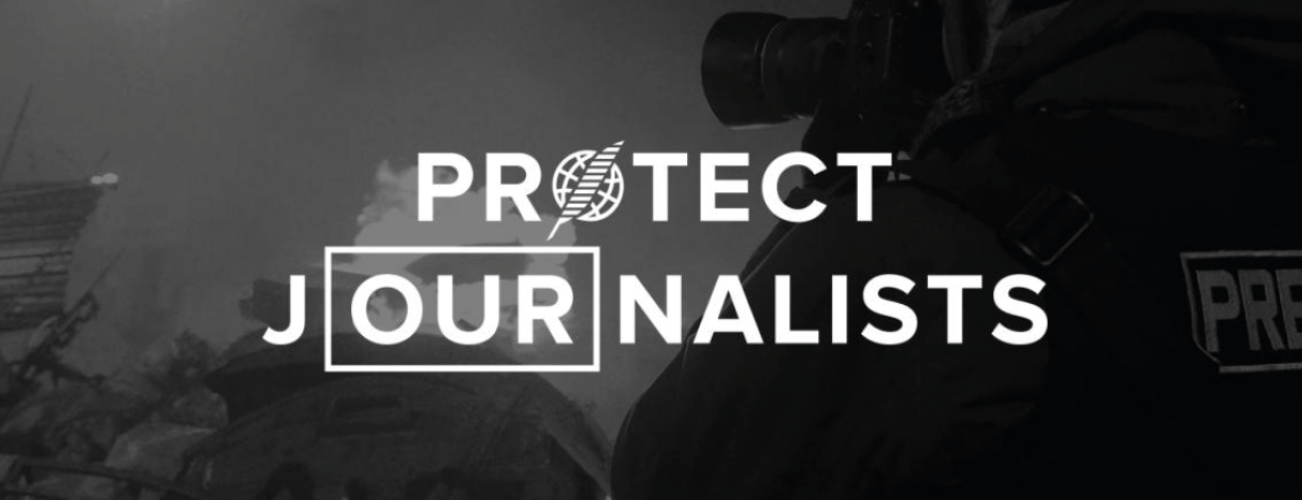ACTION TAKEN BY RSF

Forbidden Stories, a weapon against censorship

It is the right to news and information of millions of citizens that has been sacrificed yet again in 2017 by means of these acts of violence and abuses against journalists. The world’s major problems, such as corruption, environmental scandals and violent extremism, cannot be addressed if journalists are not playing their essential role properly. Journalists must be able to work in a safe environment, and impunity for the perpetrators of abuses against journalists must be ended.
With these concerns in mind, RSF and Freedom Voices Network launched a joint project called Forbidden Stories in November to support investigative journalism and circumvent censorship. The project aims to provide a secure online location for the material and stories that journalists are working on so that, if they are arrested or killed, these stories are not lost.
Journalists who feel threatened can store sensitive work in an encrypted format with Forbidden Stories. If journalists are threatened and cannot continue their investigative reporting, the staff at Forbidden Stories will be able to access this sensitive material and share it with a network of international media that will work together to complete the research and publish the story as widely as possible. The International Consortium of Investigative Journalists (ICIJ) is a partner in this project.
By protecting and continuing the work of journalists who are unable to pursue their investigative reporting, Forbidden Stories wants to sent a powerful message to the enemies of the freedom to inform: “You can try to stop the messenger, but you won’t get to stop the message.”

Need to strengthen international protective mechanisms

This year, 2017, has seen a growing international recognition of the need for concrete mechanisms to protect journalists all over the world, thanks in particular to RSF’s work with the #ProtectJournalists coalition. In November, United Nations secretary-general Antonio Guterres announced the creation of a network of focal points within the UN’s main programs, agencies, and funds for sharing information about journalists in danger, and for coordinating and harmonizing strategies for protecting journalists worldwide. This announcement came a few months after Guterres appointed Ana-Maria Menéndez, his senior adviser on policy, as the focal point in his office, to receive information about urgent cases of journalists in danger and help arrange a rapid international response, as requested by RSF and the #ProtectJournalists coalition.
This initiative is a significant first step inasmuch as the UN Plan of Action and the many UN resolutions on the safety of journalists had remained, until then, virtually dead letter. To go further, the coalition is pressing the UN and its member states to create the position of Special Representative to the UN Secretary-General for the Safety of Journalists. With a specific mandate, the ability to act quickly and with sufficient political weight to coordinate the focal points, the Special Representative would be able to confront governments not abiding by their obligations. Several governments have already declared their support for RSF’s proposal and groups of friends for the safety of journalists, consisting of UN and UNESCO member states, have been formed in New York, Geneva and Paris.
>>Read more:

